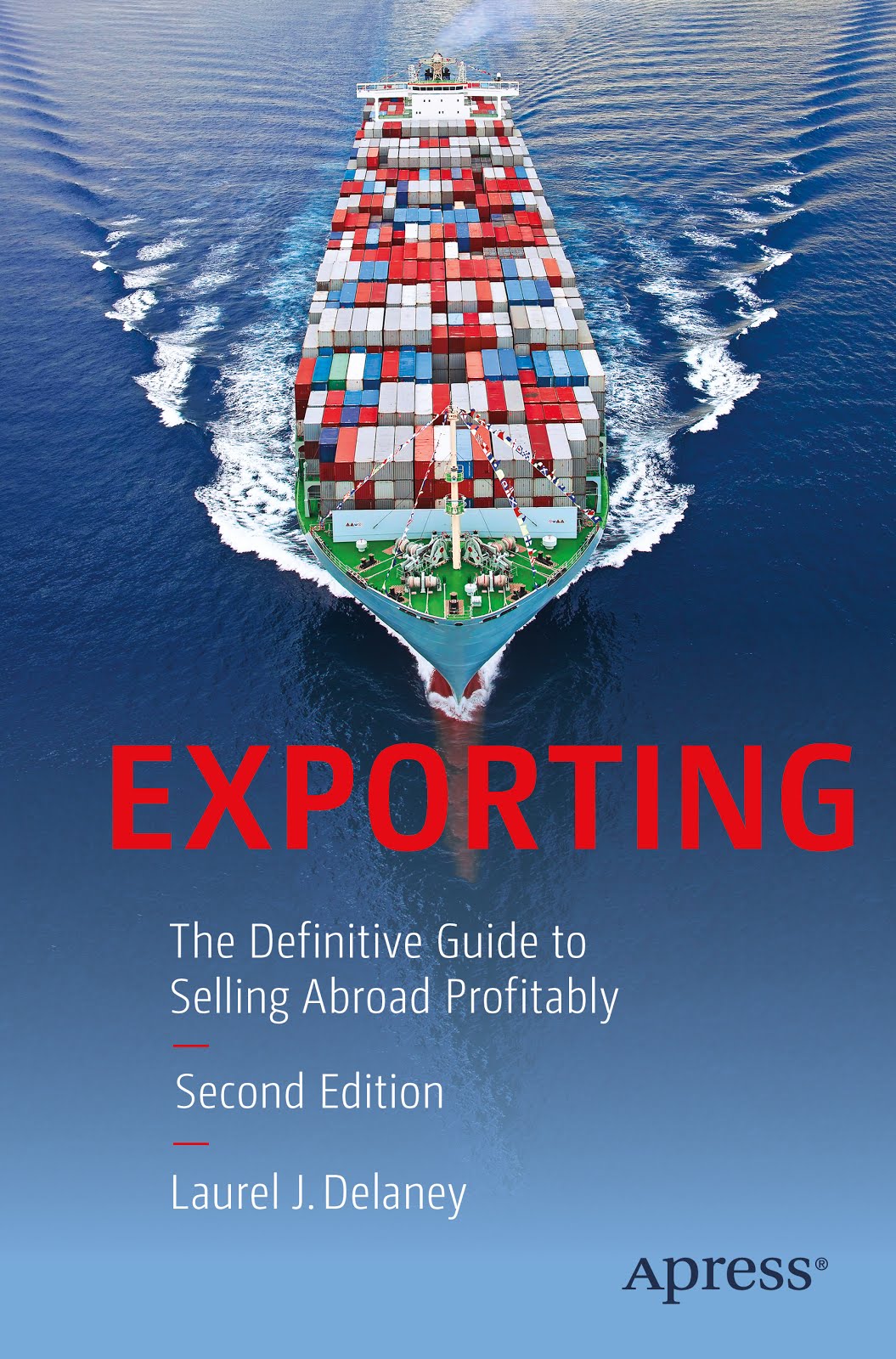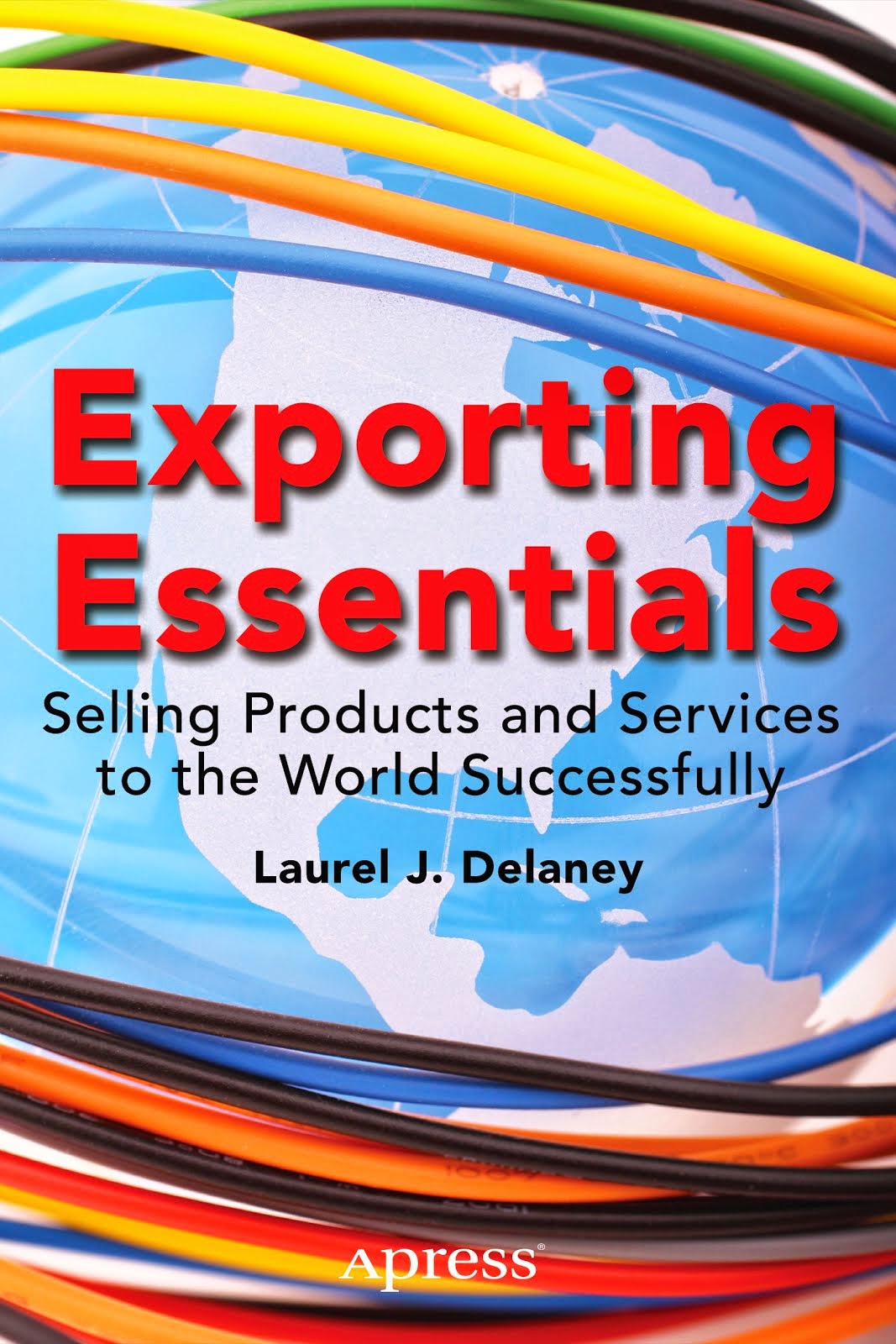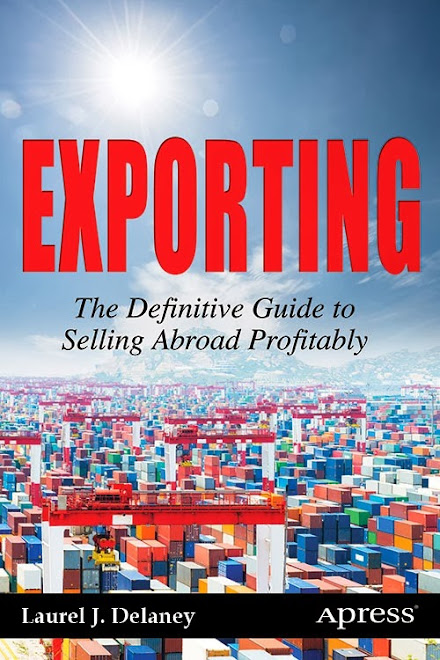 |
| iStock/Thinkstock |
This is the third installment in our interview series and in preparation for the 5th edition of the
World Entrepreneurship Forum 2012 in Lyon, France (October 24-27), which I will attend.
The theme for this year's Forum is:
"Entrepreneurial Ecosystems: Cultivating Communities to Drive Wealth Creation and Social Justice."
Below is the interview with
Peter Harrington, UK, is currently the CEO of
SimVenture (Venture Simulations Ltd), a company that specialize in Innovative Business Simulation Technology. Peter has been official member of the World Entrepreneurship Forum since 2011.
From your experience and knowledge, what do you think Entrepreneurial Ecosystem is?
Peter: For me, a successful Entrepreneurial Ecosystem is a space run by people with very entrepreneurial minds. Ecosystems are self-supporting, energetic environments that attract, nurture, move on and reward different stakeholders. Rules are few and failure is encouraged; yet through mutual trust, shared thinking and doing, budding entrepreneurs develop the right attitude of mind and acquire key skills to take them into their future world. Budding entrepreneurs are also able to learn and enjoy work through a process of discovery, responsibility and some adventure - rather than ...
Read the entire interview here.
Watch for more information and interviews regarding the World Entrepreneurship Forum 2012!











































